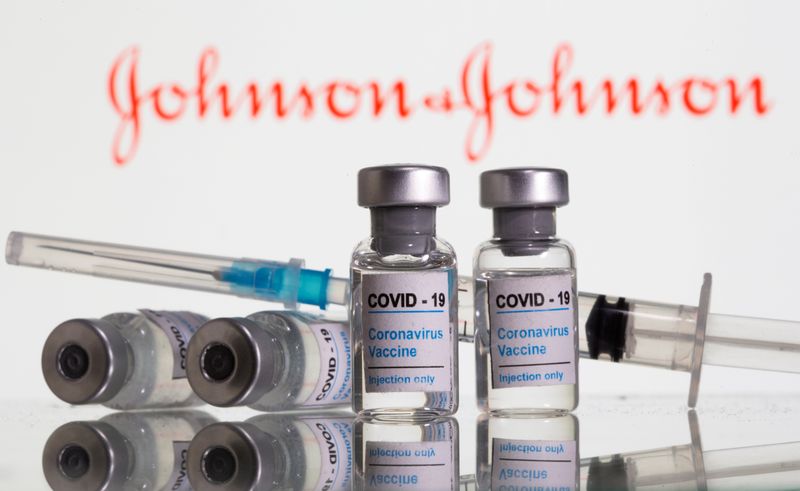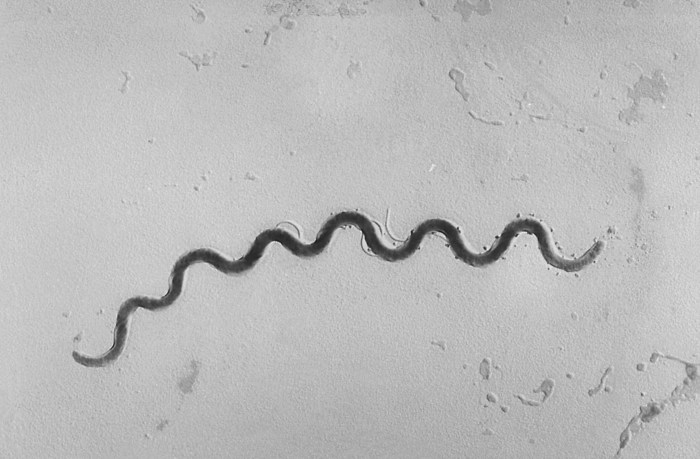DUBLIN (Reuters) – Ireland expects to receive its first doses of the Johnson & Johnson COVID-19 vaccine from mid-April and not early April as initially planned, the head of the country’s health service operator said on Tuesday.
J&J’s vaccine, which requires only one dose for protection, is expected to be approved on March 11 for use in the European Union by the bloc’s regulator. EU officials have said deliveries could start in April.
In an updated roll-out plan published last month, Ireland forecast that it would receive 602,000 J&J shots in the second quarter – around 15% of its total quarterly supply – and would start administering the vaccine in the first week of April.
“The assumption on Johnson & Johnson is about 600k over quarter two, but primarily back-ended. Smaller numbers in mid-April,” Health Service Executive (HSE) chief Paul Reid told a parliamentary committee.
Ireland has administered almost 525,000 vaccines among its population of 4.9 million, primarily using the Pfizer-BioNTech, vaccine. Almost 150,000 have also received the second of their two doses.
Reid said Ireland expects to receive 1.1 million vaccines by the end of March, with a revised 1.2 million target for first quarter deliveries drifting into the first week of April.
Between delays in supply and changes to the sequencing and prioritisation of who gets which shot, the HSE has changed its operating plan 15 to 17 times since the programme began at the start of the year, he added.
“Our first quarter has been an experience of high levels of frustration on supply issues, to be frank. Pfizer has been more stable but we did have one change to their supply line. Moderna, of late, unstable and certainly AstraZeneca has been unstable,” he said.
“That has been an EU-wide issue as well. We would expect the second quarter to have a higher level of predictability.”
(Reporting by Padraic Halpin; Editing by Giles Elgood)



















